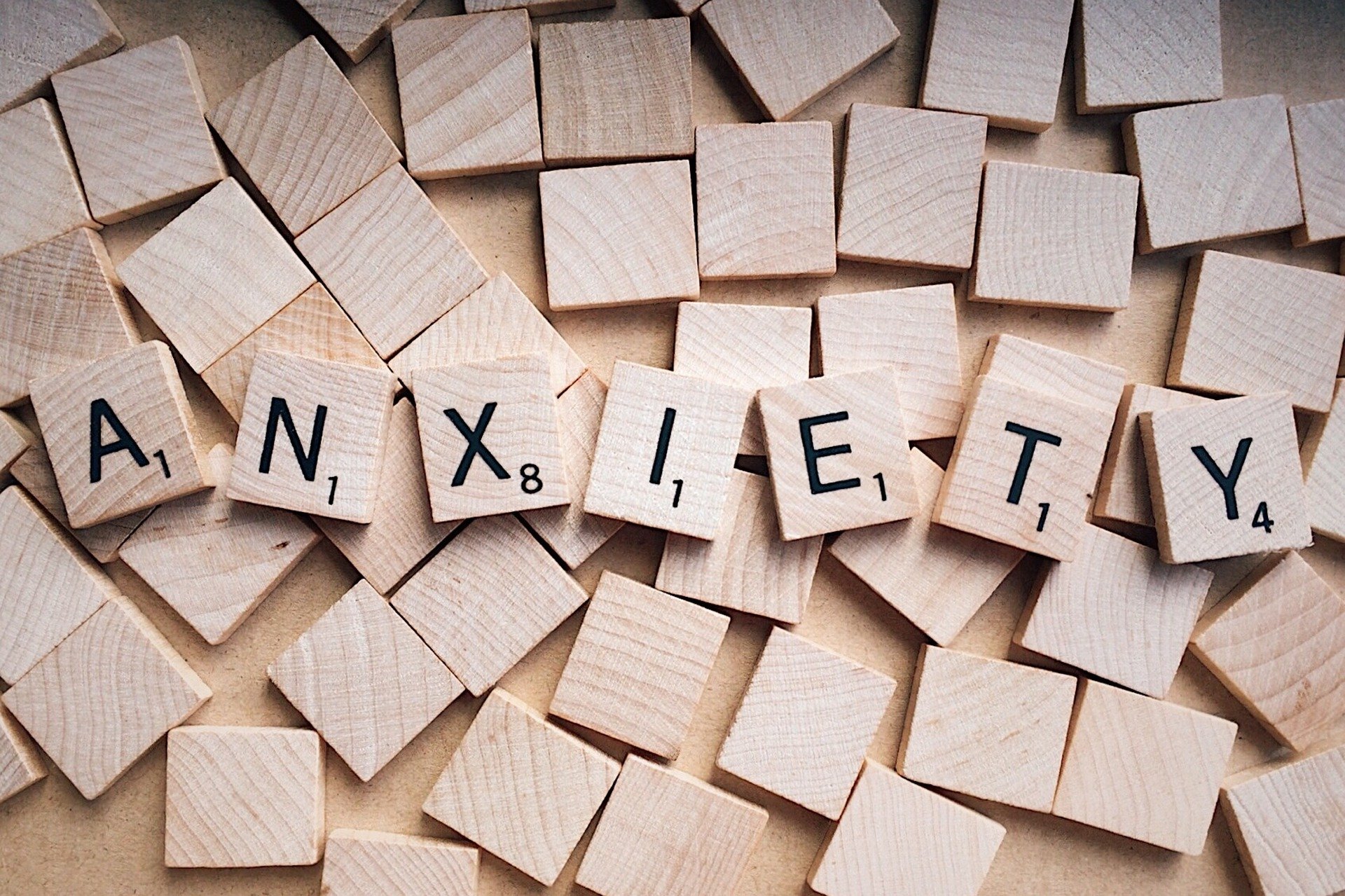Gaslighting: How to Identify It and How to Handle It
Gaslighting is a form of psychological manipulation that can leave victims questioning their reality, memory, or perceptions. It’s a subtle yet powerful tactic often used to gain control over another person. Understanding how to identify and handle gaslighting is essential for safeguarding your mental health and emotional well-being.
What Is Gaslighting?
The term “gaslighting” originates from the 1944 film Gaslight, where a husband manipulates his wife into doubting her sanity. In real-life scenarios, gaslighting occurs in various relationships—romantic, familial, professional, and even friendships. The goal is often to undermine the victim’s confidence and make them more dependent on the manipulator.
Signs of Gaslighting
Gaslighting can be difficult to spot, especially when it happens gradually. Here are some common signs:
- Denial of Facts: The gaslighter denies events or facts you know to be true, making you question your memory.
- Minimizing Your Feelings: They dismiss your emotions as irrational or overly sensitive, making you doubt your emotional responses.
- Contradictory Statements: They frequently change their narrative, creating confusion and instability.
- Shifting Blame: The gaslighter often blames you for things they’ve done, deflecting responsibility.
- Isolation: They may attempt to isolate you from friends and family to increase your dependence on them.
- Manipulative Compliments: Sometimes, gaslighters mix manipulation with praise to create a confusing dynamic that keeps you seeking their approval.
How to Identify Gaslighting
Recognizing gaslighting starts with self-awareness and observation. Here’s how you can identify it:
- Self-Awareness: When you know yourself, you can regulate your emotions more efficiently and it helps you to live with values. This self-integrity is difficult to break by anyone including gaslighters.
- Keep a Record: Maintain a journal of events and conversations. This helps you track inconsistencies in the gaslighter’s behavior.
- Trust Your Instincts: If something feels off or you consistently feel confused or invalidated, it’s worth exploring further. Evaluate that you judge or follow your instincts. Instinct is something that happened as a result of your past experience that aligned with your values.
- Seek Outside Perspective: Talk to trusted friends or a therapist to gain clarity and validation.
Know about Deceptive Behaviours
How to Handle Gaslighting
Once you’ve identified gaslighting, taking steps to protect yourself is crucial. Here’s how:
- Set Boundaries
Firmly communicate what behavior is unacceptable. For instance, you can say, “I don’t appreciate it when you dismiss my feelings. I need you to respect my perspective.” Setting Healthy boundaries is crucial for your well-being.
- Prioritize Self-Care
Gaslighting can take a toll on your mental health. Engage in activities that bring you joy and relaxation, such as exercise, meditation, or hobbies. Check these powerful habits that will change your life.
- Limit Engagement
If possible, minimize interactions with the gaslighter. Reduce their influence by building a strong support system of people who uplift you.
- Seek Professional Help
A therapist can help you navigate the emotional damage caused by gaslighting and provide strategies to rebuild your confidence.
- Exit the Relationship
In severe cases, walking away may be the best option. Prioritize your safety and well-being, especially if the gaslighting occurs in a toxic or abusive relationship.
Read also: Conflicts in relationships
Why Addressing Gaslighting Matters
Gaslighting can have long-term effects, including anxiety, depression, and a diminished sense of self-worth. By recognizing and addressing it, you reclaim your autonomy and rebuild your confidence.
Final Thoughts
Gaslighting is a harmful manipulation tactic that no one deserves to endure. By learning to identify the signs, trust your instincts, and take proactive steps, you can break free from its grip and foster healthier relationships. Remember, seeking help is a sign of strength, not weakness. You deserve to live a life free of manipulation and filled with respect and support.
Conflicts in relationships, strategies to regulate it
Emotion regulation strategies
Story narrates about facts of Men & Women
Shadow of Intelligence & powerful enemy,Mental health awareness,Anxiety disorder
Share this post: on Twitter on Facebook on LinkedIn





